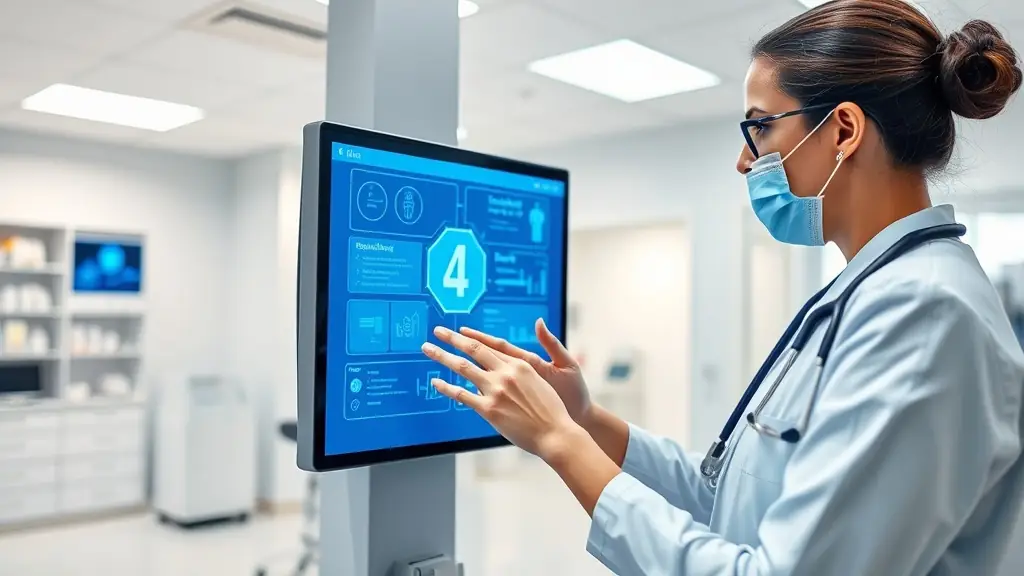Preventive healthcare is essential for reducing the burden of disease and improving overall health outcomes. AI technologies are playing a pivotal role in this field by enabling early detection and intervention strategies. By analyzing data from various sources, including wearables and electronic health records, AI can identify individuals at risk for certain conditions and recommend preventive measures. This proactive approach to healthcare is transforming how we think about disease management.
AI-driven tools can also facilitate personalized health recommendations based on individual risk factors. For example, machine learning algorithms can analyze genetic information, lifestyle choices, and environmental factors to provide tailored advice for maintaining health. This level of personalization empowers patients to take charge of their health and make informed decisions about their well-being. As a result, the potential for preventing chronic diseases increases significantly.
Furthermore, the integration of AI in public health initiatives can enhance community health outcomes. By leveraging data analytics, healthcare organizations can identify trends and patterns in population health, allowing for targeted interventions. This collaborative approach to preventive healthcare, supported by AI technologies, holds great promise for improving health at both individual and community levels.



